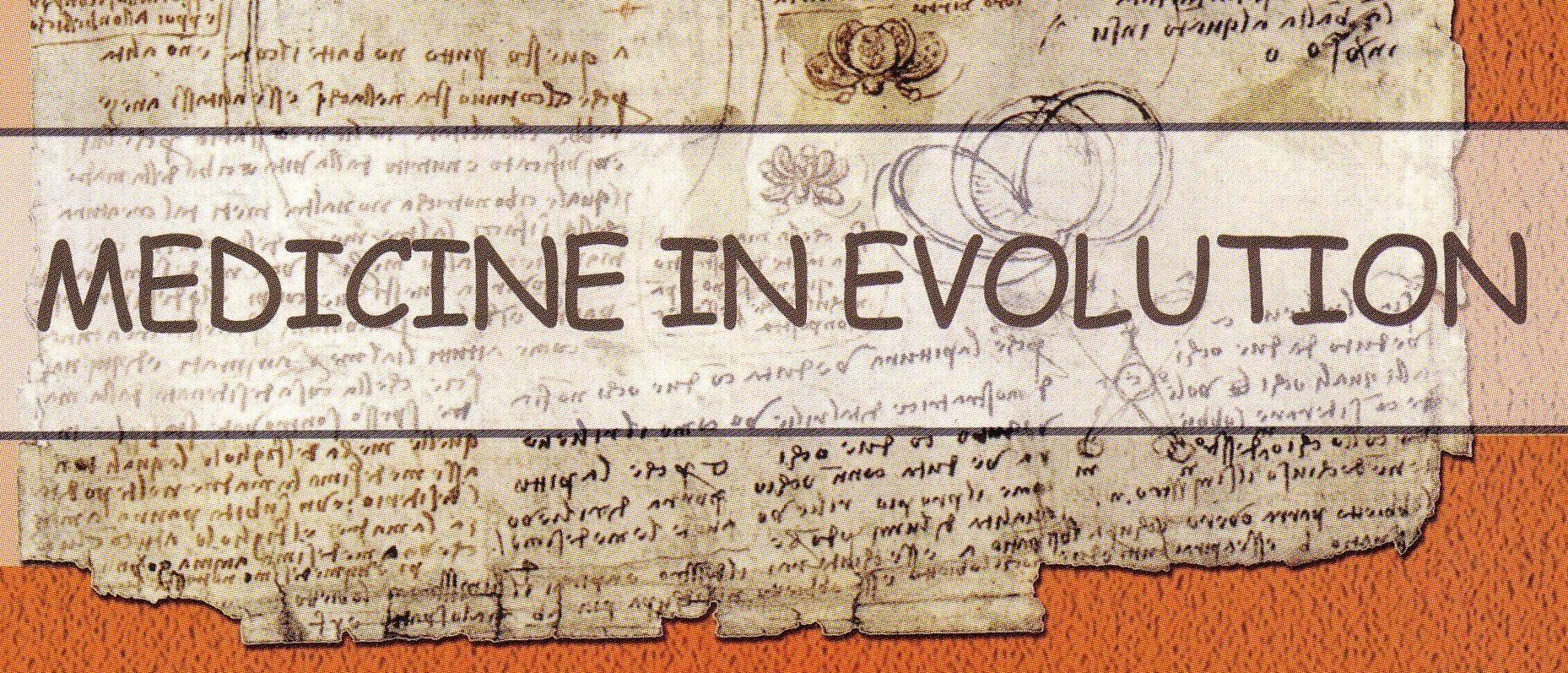Objective.
The aims of this study is to investigate COPD by
using new specific tests or questionnaires and
evaluation the costs and the predictive value of
these new parameters.
Method: randomized study on 30 (M 30) patients with
COPD, age 67.7 ± 7 years. Every patient was followed
by smoking history, date of commencement, disease
diagnosis, correct treatment, comorbidities correct
staging (after GOLD). Were evaluated in addition:
the degree of dyspnea (MRC/Borg scale), effort
tolerance (6 minute walking test), nutritional
status (BMI, bioimpedanceometry), degree of
depression (Beck DI scale), quality of life
(questionnaire ST. Georges).
Results: The patients were predominantly from rural
areas (53.33%) with severe (27%) and very severe
(63%) stages of COPD. In 29 of the patients were
found comorbidities and 70% of them had the
nutritional status changed. Tolerance to effort was
found low at 57% (223 m above the predicted average
of 366.43 m). Depression was found in 54% as
moderate and severe form in 5% of patients. Overall,
quality of life was affected in 93% of patients.
Conclusions:
For a correct evaluation of COPD is necessary the
enlargement of the investigation fields, referring
both the pulmonary and systemic determinations and
complications induced by the disease and in the same
time the enlargement of intervention / therapeutic
field and improvement of the evolution and
prognosis.
Key words: systemic effects, assessment.
